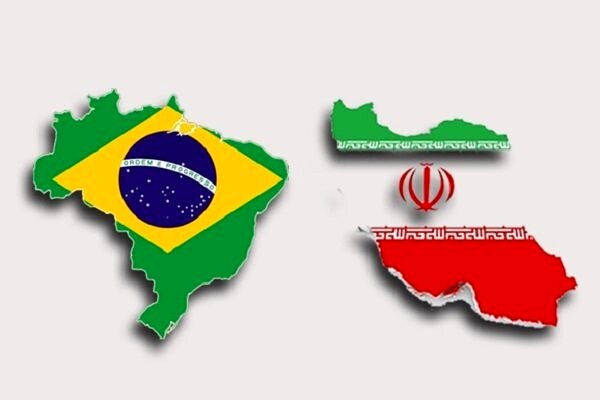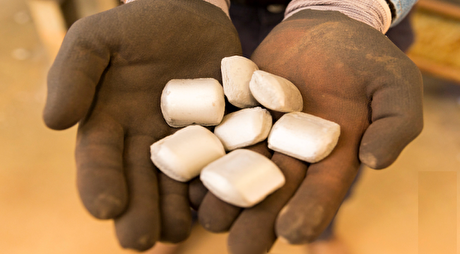
Iran, Brazil seeking barter trade in face of U.S. sanctions

“Currently, Brazil is one of the main providers of agricultural commodities to the country, however we are facing some banking issues in our trade and that is why the two sides are looking at bartering as a solution to this problem,” Farhad Taherian told ILNA.
According to the official, Iranian imports from the Latin American country are limited to 12 major commodities.
Of the total imports, 48 percent is corn, 24 percent is soy, while soybean oil, tobacco, and ethanol are other imported goods.
Petrochemical products such as urea, bitumen and petroleum are the main exported goods from Iran to Brazil, according to Taherian.
The official noted that in the first Iranian calendar month of Farvardin (March 21-April 20) Iran exported $32 million worth of commodities to Brazil.
In early May, Brazilian Ambassador to Iran Rodrigo de Azeredo Santos stated that Brazil wants to continue importing petrochemical products from Iran as the cost of producing these products is high in the Latin American country.
In an interview conducted by the Mehr news agency on June 11, Santos said the Brazilian government would spare no efforts to help Brazilian and Iranian firms develop relations after the U.S. withdrawal from Iran nuclear deal.
Also, in a meeting with the head of Iran’s Industrial Development and Renovation Organization (IDRO) in Tehran, the Brazilian ambassador had announced his country’s readiness for improvement of road transportation ties with Iran.


First Quantum scores $1B streaming deal with Royal Gold

Newmont nets $100M payment related Akyem mine sale

Caterpillar sees US tariff hit of up to $1.5 billion this year

Gold price rebounds nearly 2% on US payrolls data

Goldman told clients to go long copper a day before price plunge

Australia pledges $87M to rescue Trafigura’s Nyrstar smelters in critical minerals push

Copper price posts second weekly drop after Trump’s tariff surprise

One dead, five missing after collapse at Chile copper mine

Idaho Strategic rises on gold property acquisition from Hecla

Century Aluminum to invest $50M in Mt. Holly smelter restart in South Carolina

Australia to invest $33 million to boost Liontown’s Kathleen lithium operations

Glencore warns of cobalt surplus amid DRC export ban

SSR Mining soars on Q2 earnings beat

A Danieli greenfield project for competitive, quality rebar production

China limits supply of critical minerals to US defense sector: WSJ

Alba Hits 38 Million Safe Working Hours Without LTI

Advanced cold-rolled strip for China’s New Energy Vehicle market

Codelco seeks restart at Chilean copper mine after collapse

US slaps tariffs on 1-kg, 100-oz gold bars: Financial Times

Australia to invest $33 million to boost Liontown’s Kathleen lithium operations

Glencore warns of cobalt surplus amid DRC export ban

SSR Mining soars on Q2 earnings beat

A Danieli greenfield project for competitive, quality rebar production

China limits supply of critical minerals to US defense sector: WSJ

Alba Hits 38 Million Safe Working Hours Without LTI

Advanced cold-rolled strip for China’s New Energy Vehicle market

Codelco seeks restart at Chilean copper mine after collapse

US slaps tariffs on 1-kg, 100-oz gold bars: Financial Times














